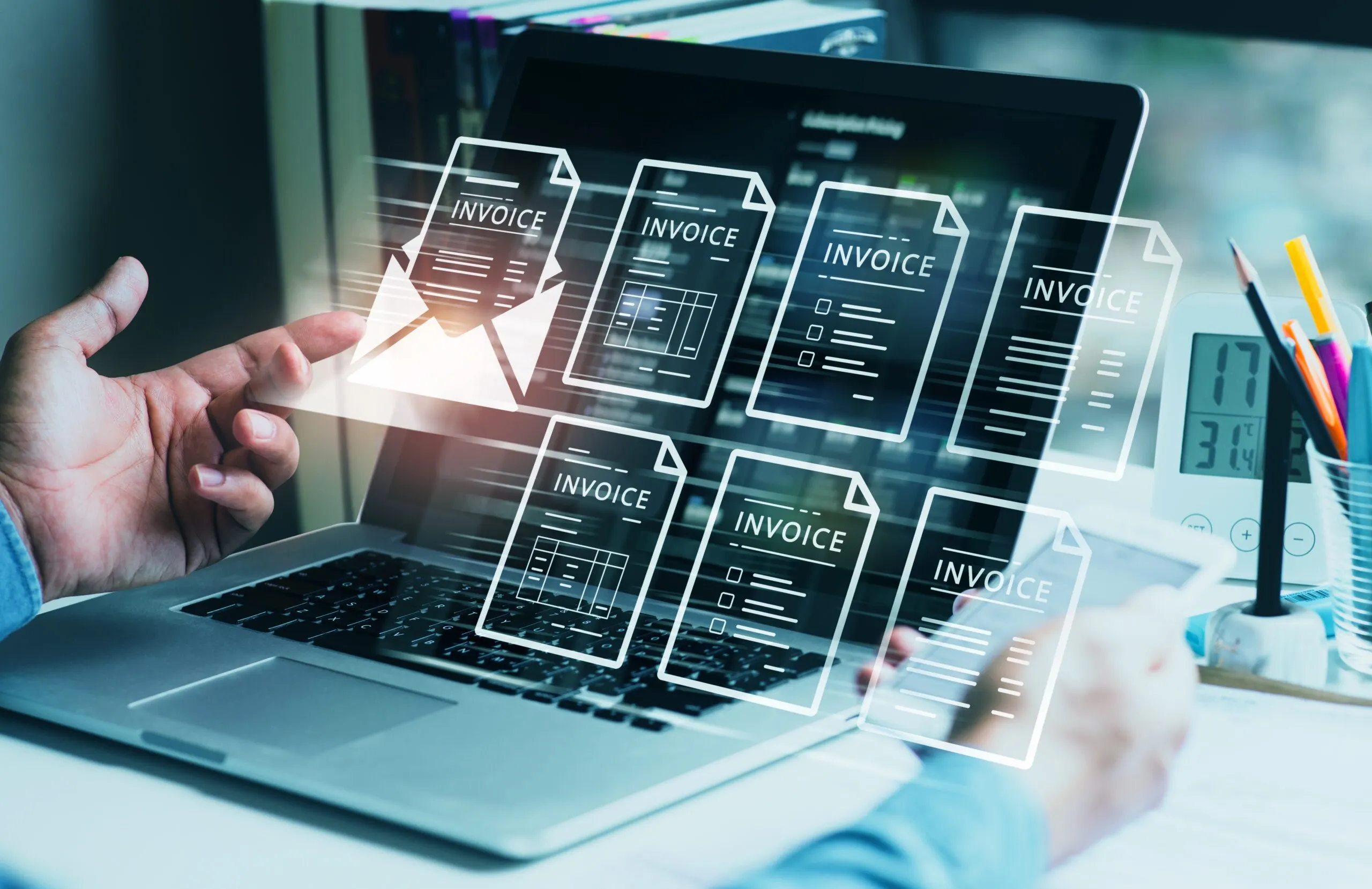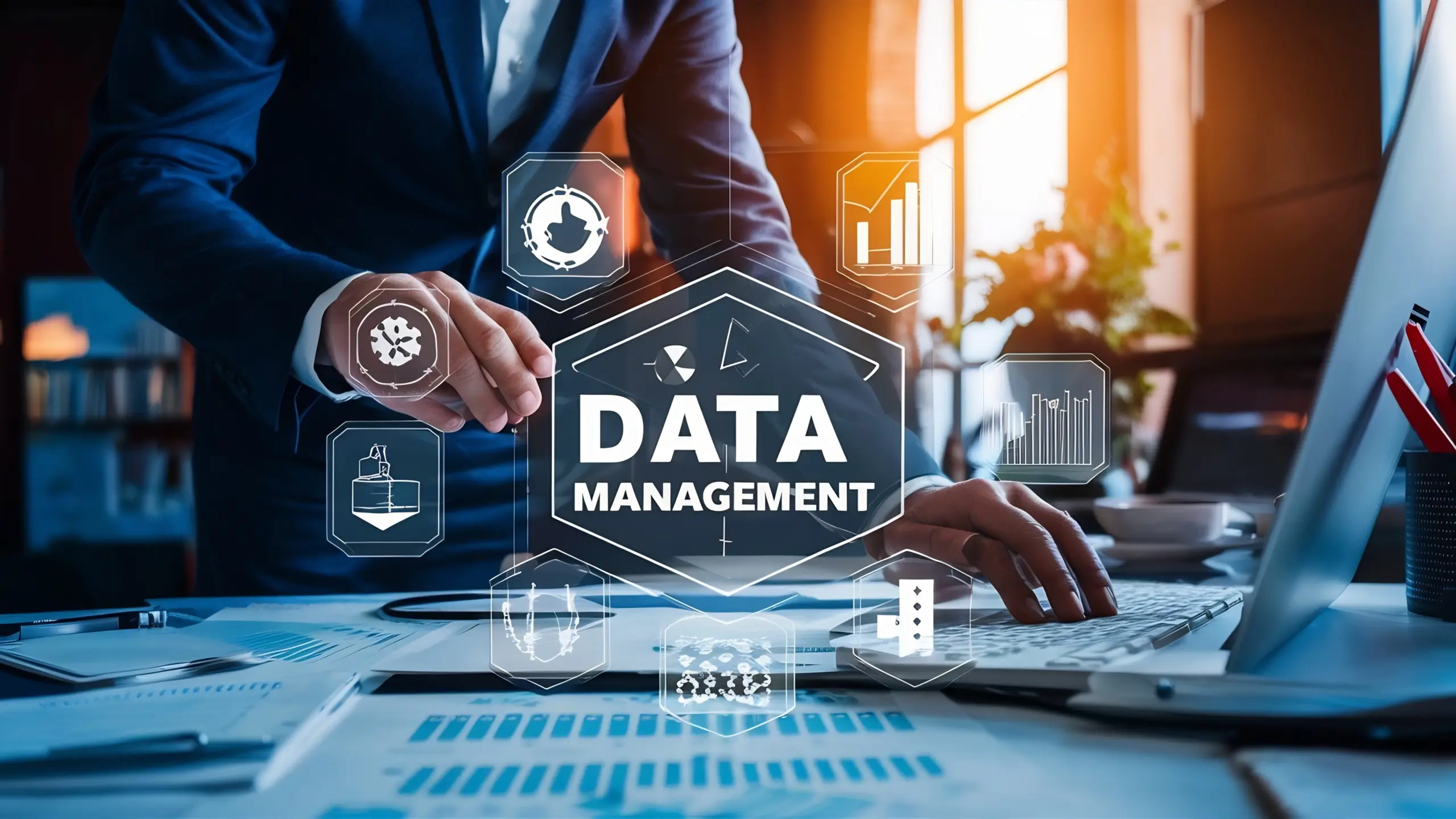In 2025, utility bill payments in India have taken off primarily due to digital tools and platforms like the Bharat Bill Payment System (BBPS). Indian users are embracing the convenience of paying bills digitally, which shows in the impressive numbers: BBPS handled about 772 million utility bill transactions, adding up to roughly ₹3.83 lakh crore (around 46 billion USD). On top of that, UPI data reveals that utility bills—for things like electricity, gas, and water, rank among the top payment categories, with over ₹23,000 crore flowing through in just a month like July 2025.
This massive growth isn’t by chance. It’s driven by easier access, better technology, and a payment system built to work for everyone – whether they’re in busy cities or smaller towns. What used to be a hassle-filled chore is now quick, seamless, and reliable, making life easier for millions across the country.
But while consumers are going digital, Indian companies are facing a different kind of pressure. They now need to buckle up! The amount they spend on utility bills, and how efficiently they use resources, will dictate the amount of capital they can raise.
Imagine a large manufacturing company with multiple factories. Each factory receives hundreds of utility bills every month for electricity, water, and gas usage. Earlier, the company’s finance and sustainability teams struggled to manually gather and organize all these bills, which were in different formats from various utility providers.
With a smart B2B utility payment solution, the company can automate data extraction from all bills, standardizing the information into a single dashboard. This system flags unusual spikes in usage (like a water pump left running overnight), which helps managers quickly act to reduce waste, directly lowering energy costs.
Moreover, the B2B Utility Payment Solution has the capability of sharing detailed consumption and cost data that feeds directly into ESG reports, demonstrating the company’s efforts to reduce carbon emissions and use resources efficiently. When audits begin, the company will be able to instantly provide clear, traceable utility data, making audits faster and more reliable.
This transparency and efficiency enables the company to become eligible for low-cost working capital and better credit terms, since lenders see lower risks when ESG compliance and operational efficiencies are met. Ultimately, this leads to tangible savings that strengthen the company’s balance sheet and its corporate reputation.
How Technology Eliminates Process Gaps and Captures Value
Smart utility bill payment systems remove data quality challenges through three core capabilities:
- Automated bill capture: Systems fetch bills directly from DISCOMs portals, eliminating manual collection gaps and ensuring complete coverage across all locations.
- Intelligent data extraction: AI-powered recognition extracts structured data across formats and languages, capturing 30–40 parameters per bill automatically.
- Structured data architecture: PDFs transform into compliance assets, enabling instant analysis and reporting across facilities, time periods, and consumption metrics.
The Capital Access Opportunity: Turning Compliance into Competitive Edge
In India, several large organizations are known for their strong B2B payments processes and using this payment data effectively for enhanced ESG compliance.
- A leading IT services company incorporates strict ESG requirements into its vendor contracts. It collects detailed data on energy use, emissions, and labour practices from its suppliers. This data helps it to track and improve sustainability across its extended supply chain and ensure strong adherence to ESG norms.
- A conglomerate which has taken on developing large parts of Mumbai, needs to manage massive energy and utility consumption across its infrastructure and industrial units. It uses advanced B2B payment systems integrated with energy management platforms to track utility usage accurately. By analysing payment patterns and consumption data, it optimizes energy efficiency and supports sustainability reporting to meet ESG goals.
- An industrial powerhouse of India, with diverse energy-intensive operations, leverages B2B utility payments linked through digital platforms for better control over operational expenditure and sustainability metrics. This supports its public ESG disclosures on energy and resource consumption.
Clearly, leading enterprises are discovering that robust utility bill automation delivers three strategic advantages their competitors cannot easily replicate.
Advantage #1: ESG Data That Attracts Investors
Imagine you’re preparing for an investor meeting and they want your ESG data—total electricity consumed, water usage, emissions calculated. You have 200 facilities with bills arriving in different formats and regional languages. Your team spends weeks manually extracting numbers from PDFs, and halfway through, you discover errors that force you to start over. Now picture this instead: automation that pulls data directly from power company portals across all states, extracting units consumed, power factor, and 30+ metrics into clean reports. What took weeks now takes hours. When you walk into that investor meeting with verified, structured ESG data while your competitor is still updating spreadsheets, you’re not just better prepared. You’re accessing capital at better rates because investors trust companies that can prove their environmental claims with real data.
Advantage #2: Faster Financial Close
Your auditors ask for three years of branch-wise electricity bills, and suddenly your finance team is hunting through emails, checking multiple payment portals, and piecing together faded paper receipts. A week later, they’ve found maybe 70% of what’s needed, and the audit cycle drags on. Automated systems change this completely. Every bill gets captured the moment it arrives, every payment links to its exact consumption period and location, and instead of vague entries like “electricity expense ₹2.3L,” you get precise records: “847 kWh consumed at Branch 12, power factor 0.89, demand charge ₹18,500.” When auditors request data, you deliver complete records in minutes instead of weeks. The result? You close your books 10-15 days faster, cut audit fees by 20-30%, and free your finance team to do strategic work instead of document hunting.
Advantage #3: Quick Dispute Resolution
A disconnection notice arrives claiming you haven’t paid ₹8 lakhs, but you know you paid last month, the problem is proving it when payment confirmations are scattered across emails and portals. After two frantic days of searching, you find the proof, but operations nearly shut down in the meantime. Or consider this: a bill arrives that’s double your usual amount, and without historical data, you can’t tell if it’s a faulty meter, a billing error, or actual consumption. Automated systems keep dispute-ready records where every payment links to transaction IDs, bank settlements, and specific bills, while historical consumption across 30+ parameters is instantly accessible. When that suspicious bill arrives, you pull up months of data in seconds, identify it’s a billing error, send evidence to the power company, and resolve it in days instead of weeks, all while protecting your cash flow and avoiding operational disruptions.
Building Future-Ready Infrastructure with BillsToPay
Vayana BillsToPay is a fully integrated utility bills management platform that automates the entire utility payment journey. The platform fetches bills directly from all major DISCOMs across India with no manual intervention, extracts 30–80 parameters per bill (including units consumed, sanctioned load, power factor, and demand charges) in both PDF and Excel formats for ESG compliance, and provides threshold-based alerts for billing anomalies.
With T+2 processing timelines for working capital optimization, seamless ERP integration, and site-specific payment tracking with complete audit trails, Vayana BillsToPay transforms utility bill automation from a payment function into strategic infrastructure that supports ESG reporting, accelerates audit cycles, and enables dispute resolution through comprehensive documentation.
To know more, write to [email protected]








